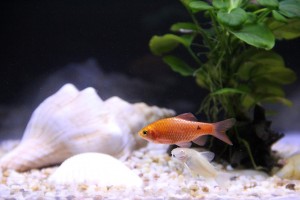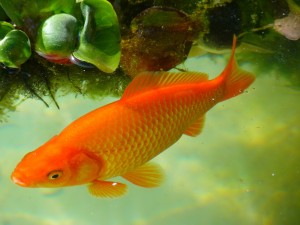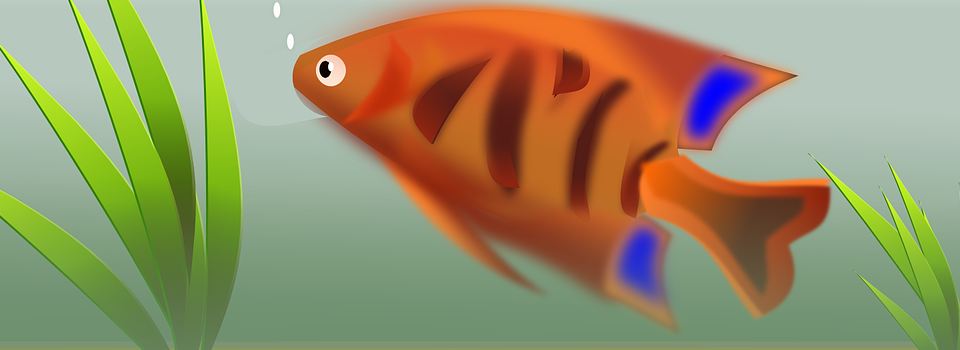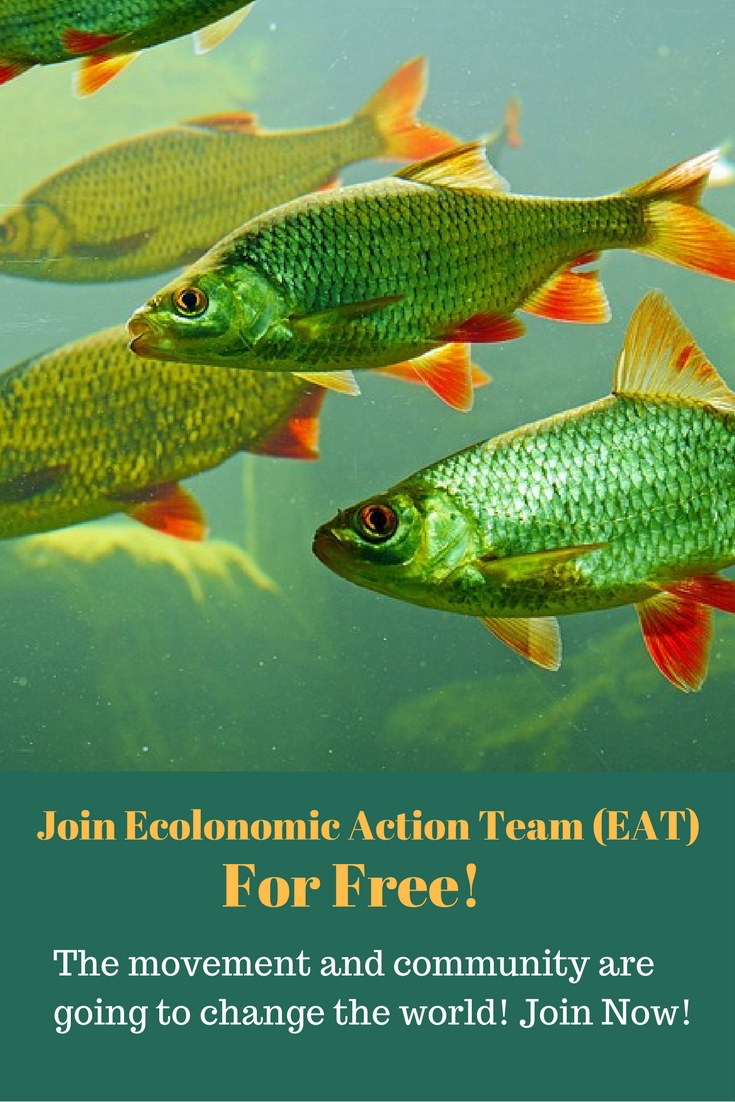When you own a fish farm or even if you are just raising some fish in your aquarium or pond, you need to keep your fish free from diseases. Here is a list of fish illnesses, prevention, and cures.
Disease is a natural part of raising fish, whether in aquaculture or in aquariums for domestic use. You need to keep disease under control or you may face severe losses and mortality of fish. It’s important to know what diseases may attack your aquarium or farm so that you could recognize and prevent them, taking necessary measures to increase your productivity and profits.
Common Aquarium fish diseases and treatments
Disease infections can be fatal for your aquarium fish and may cause severe losses for your fish farm. Diseases may also lead to pollution and increase your production costs if you don’t take preventive measures or address them as soon as possible.
We will discuss some of the common diseases that may infect your fish tank or pond fish, how to prevent them and how you could cure your fish if you saw signs of illnesses.
There are virtually hundreds of illnesses that can affect the health of your fish. The most common diseases seen in home fish tanks usually originate from bacteria or parasites. Fungal infections are also seen occasionally.
However, the good news is you could easily recognize, manage and treat diseases with success. Some of the most common diseases and their treatments are given here.
1. Bacterial diseases:
 Bacterial diseases can cause problem when fish become injured, sick or stressed from another source. Some of the common bacterial diseases are fin rot, mouth rot, skin ulcers, and so on. It can be recognized by red streaks or spots and/or swelling of the abdomen or eye. Antibiotics such as penicillin, amoxicillin, or erythromycin are effective against bacterial diseases.
Bacterial diseases can cause problem when fish become injured, sick or stressed from another source. Some of the common bacterial diseases are fin rot, mouth rot, skin ulcers, and so on. It can be recognized by red streaks or spots and/or swelling of the abdomen or eye. Antibiotics such as penicillin, amoxicillin, or erythromycin are effective against bacterial diseases.
2. Fungal diseases:
Fungal spores are found in almost all fish tanks. They can quickly colonize and create problems in fish especially if they are injured, stressed or already suffering from disease. Poor water quality can also lead to an increase in fungal infections. You can easily recognize fungal infections in your aquarium because they have a tell tale white fluffy appearance. In worse cases they may take on a grey or red appearance.
3. Parasite diseases:
Parasites can reduce your fish growth, decrease their agility and appetite. You may see discoloration or velvet rust or gold rust in affected fish. They may also rub against objects to attempt to dislodge parasites from their skin. If you see affected fish, physically remove practices and clean the wound with antiseptic. Washing your fish with salt water can also reduce parasite infection. Seek professional help without delay if you feel the problem may become a serious issue.
Monitor health of your fish and water quality regularly. Maintain good water quality, reduce pollution, and clean and sanitize all your  equipment. Separate dead or injured fish to reduce spread of fungal and bacterial infections. Bacterial and fungal diseases can be fatal if left untreated. Make sure they are fed proper medication and a healthy diet from a reliable source, and keep the water quality to optimal level.
equipment. Separate dead or injured fish to reduce spread of fungal and bacterial infections. Bacterial and fungal diseases can be fatal if left untreated. Make sure they are fed proper medication and a healthy diet from a reliable source, and keep the water quality to optimal level.
For more details on aquarium and pond fish diseases symptoms and prevention contact our office at (303) 495-3705 or Click Here to book a meeting with us.
Want to start your own fish farm? We can show you how. Click here to download our free eBook to unleash the entrepreneur in you.
We would appreciate your feedback, so please visit our Facebook page or leave any questions or comments in the comment box below, it would really inspire us.
Source: WorldWide Aquaculture
Related articles and resources:
- Sustainable Systems For Fish Farming – Managing Pests & diseases | WorldWide Aquaculture
- Freshwater Shrimp Farming- Managing Water Quality & Disease | WorldWide Aquaculture
- Tropical Fish Disease Identification with pictures and cures
- Fish Disease and Treatment
- Bubbles & Bettas: Diseases
- Backyard Veggie & Fish Farm in a Barrel – Your Organic Farm at Home | WorldWide Aquaculture
- Common Health Questions of Eating Fish | WorldWide Aquaculture
- Understanding Water Quality for Aquaculture | WorldWide Aquaculture



